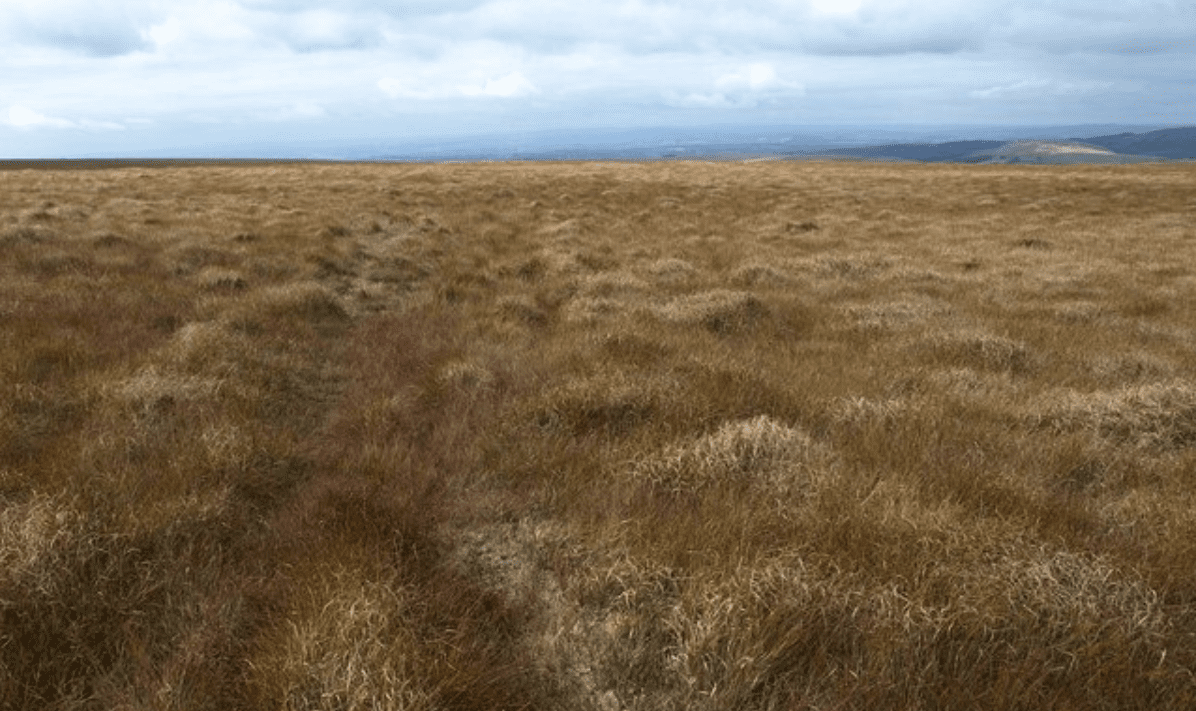The passing of the EU Nature Restoration Law by the EU Council of environment ministers has been described as ‘monumental’ for nature by the Irish Wildlife Trust (IWT).
The Nature Restoration Law, which aims to restore 20% of EU land and 20% of EU seas, was finally passed into law today (Monday June 17) after months of negotiation.
The IWT has welcomed the move stating: “This is a monumental moment for nature as this law is one of the most important pieces of environmental legislation in 30 years and has legally binding targets for effective restoration of EU ecosystems.”
General manager at the Irish Wildlife Trust, Kieran Flood added: “This is a huge win for nature. People have been calling for immediate action to help protect and restore nature in Ireland and this law will finally put in concrete measures to achieve this.”
Nature Restoration Law
The law had gone through trilogue negotiations between the EU Council, the European Parliament and the European Commission and a final text was agreed upon by all three institutions at the end of 2023.
In February of this year, MEPs voted in favour but then in March, Hungary decided to change its position and reject the law.
This meant that there was no longer a qualified majority of EU citizens by member state supporting the law. A qualified majority means 65% of the EU population is in favour.
Marine advocacy officer for IWT, Grace Carr said: “This is the moment we have been working on and waiting for for years now. It’s extremely encouraging that the council [has] kept [its] word and finally voted to approve the law.
“Now the work starts on creating national restoration plans and effectively implementing the law.
“This will bring nature back to the EU and protect ecosystems and people from the damaging effects of climate change and biodiversity loss.”
Birdwatch reaction to Nature Restoration Law
Meanwhile, Birdwatch Ireland has responded to the passing of the law by describing it as “a turning point for Europe’s nature and its citizens”.
The majority of countries voted in favour of the law, with only six countries – Italy, Hungary, Poland, the Netherlands, Finland, and Sweden – voting against it.
Austria and Slovakia, countries which had previously voiced doubts about the legislation, changed their position ahead of today’s meeting, allowing the law to meet the threshold of support required for it to be passed.
BirdWatch Ireland has said that together with all of its BirdLife partners across Europe, it sees today’s outcome as a “great cause for celebration and the first step towards a better future for Europe’s nature, climate and citizens”.
CEO of BirdWatch Ireland, Linda Lennon said: “The passing of the Nature Restoration Law marks a historic moment, a symbol that European countries are committed to facing our climate, habitat and biodiversity crises as a collective that is committed to a science-based approach.”
Birdwatch Ireland has said that now that the legislation has been formally approved, Ireland and other member states will be required to draft national restoration plans and lay out in detail how they plan to reach the targets proposed.
BirdWatch Ireland’s head of policy and advocacy, Oonagh Duggan added: “Now the Irish government can start the process of creating Ireland’s Nature Restoration Plan with all stakeholders.
“It is critical that the government ensures that adequate funding is provided to support all entities in their efforts to restore 20% of land and sea by 2030.
“This is an exciting time for Ireland to help us to be more resilient to the effects of a changing climate and to restore important populations of wild birds and pollinators as well as the habitats they need.”
The organisation stated that in Ireland, 85% of our internationally important and protected habitats are in poor condition.
As these habitats become degraded, not only do they become uninhabitable for the plants and animals that rely on them, their many ecosystem services are also greatly diminished, according to BirdWatch.
When in a healthy condition, peatlands store carbon, wetlands hold flood water, dune systems serve as protective barriers against flooding and coastal erosion, it added.
Birdwatch concluded by stating: “Considering the climate and biodiversity crises we are currently facing, it is vital that we restore these extremely valuable habitats back to their full health.”
